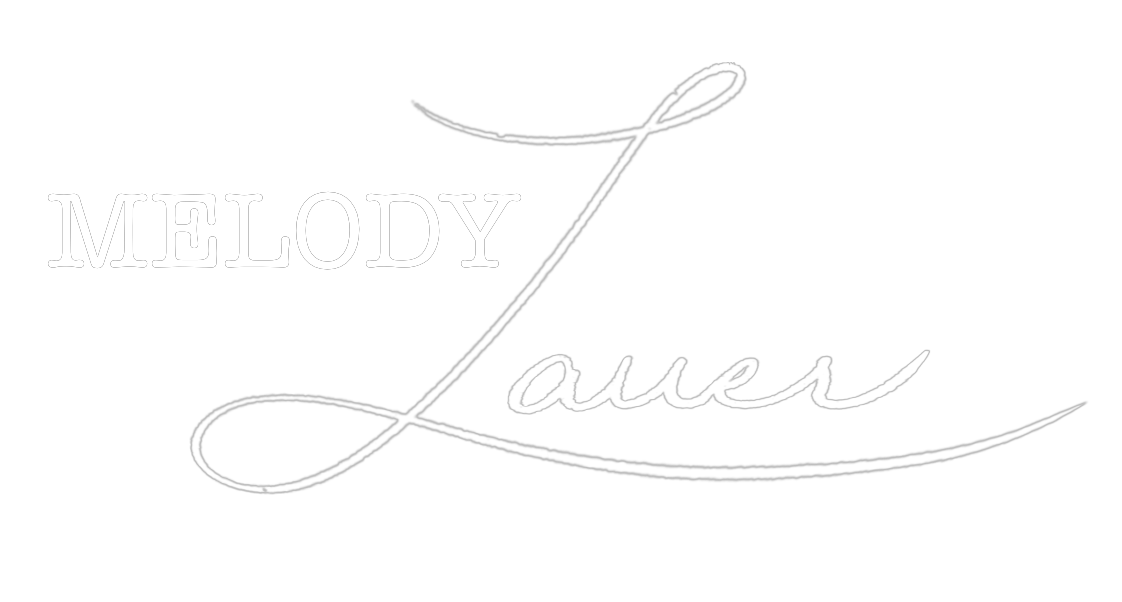I recently finished reading Seneca’s essay, On Anger (something I’m eager to write about as well). One of the sections of the three-part series asked the question as to whether anger was in keeping with the nature of man. Seneca quickly and thoroughly explained that it was not.
Now, if you’re like me, you will immediately think, “Whaaa? Anger? Not in keeping with the nature of man?.. Have you met mankind?”
But I figured I must be missing something. It didn’t make sense that a tutor to Nero and one of the great philosophers and writers of the time would not understand that anger comes naturally to men. When Seneca was speaking of the “nature of man” what exactly did he mean?
As Seneca was a Stoic (with a capital S)–that is, he practiced the philosophy of Stoicism—I suspected that this might hold the key to interpreting what he meant so I started to look into what Stoic philosophy has to say about the nature of man.
As I’m no philosopher myself, and only beginning to scratch and gnaw and pick and chew my way clumsily through the basics of different philosophies, I fear I will do Stoicism an injustice with my interpretation of what is meant by the nature of man. But what is life without trying to make sense, in your own words, what you are learning? So let’s drive on…
Essentially there are two Stoic principles to the nature of man:
- That man, like any creature, is bound by the laws of the universe and must act within them.
- That humans possess the unique gift of reason which we alone can use to acknowledge our base instincts and desires, but act deliberately in spite of them.
In short; while we can’t defy gravity, we don’t have to eat the whole damn chocolate cake because it’s tasty.
We might not be able to stop the earth from turning, but we can choose to respond in kindness and grace when angry.
And therein is the nature to which Seneca argued anger did not belong. Those who give in to anger and rage, or fulfill their base desires for revenge are, according to Seneca, not living up to the true nature of man which is to use his gift of reason and judgment to act virtuously despite those feelings.
Now, we could (and I plan to) have a long chat about whether or not Seneca’s views on anger are helpful or even healthy; or whether or not they actually encourage repression of a fundamental emotion that can lead to all sorts of other problems. But that’s not important right now.
What’s important to me is the reminder that endowed on each healthy human at birth is a gift of reason; the gift to think, understand logic, and make judgments. And it is a double-edged sword, to be certain.
On the one hand, it may be faulty reason that plunges and keeps us in bad circumstances. We imagine harm where there is none, conclude that there is no hope for a situation, or judge someone unreasonably. We give into biases we never challenge that allow us to build prejudices against ourselves and others. These malformed views of the world become the lens through which we interpret every interaction. We project our polluted opinions onto others, making enemies out of would-be friends, and then getting angry and despondent when life seems depressing and bleak.
But on the other hand, reason is the tool that allows us to transcend our own shitty reasoning. It is the magnifying glass under which we can confront the parts of ourselves that are holding us back from true progress, knowledge, forgiveness, connection, healing, and fulfillment. You’d think that would make self-reflection and examination appealing, but it’s not.
My parents got me a microscope for Christmas one year. I don’t remember how old I was exactly, but I was young. I was ecstatic and endlessly fascinated as I found more and more things to magnify and examine. Once I had satiated my curiosity for spices, toilet paper, blood, and produce, I turned my objective lenses toward one of my favorite creatures: caterpillars.
Perhaps if I’d been better prepared for what I might see, it would not have terrified me to the degree that it did, but I was not. The moment the hairs and antennae and eyes and jaws came into focus I was horrified. It was a grotesque sight I’d never seen before. What was worse was that it was moving! I recoiled in horror from the scope and couldn’t bring myself to touch the insect that, up until that moment, I had casually handled and even kept in bughouses and fed leaves. It took me some time afterward to come to peace with the fact that the fuzzy little creature I loved was still the lovable butterfly-maker, even if it had a scary face I couldn’t even see without magnification. To this day I can’t see a caterpillar without thinking of that moment.
Unlike me and my caterpillar, I believe that, deep-down, most of us have an inkling of how terrifying we are and have no interest in seeing ourselves magnified by our reason. It takes no small measure of courage, honesty, and humility to face the deeper recesses of our own selves. There are bound to be hairy, pointy, ugly things we’d rather not see. Worse yet, once we see them and are horrified by them, we might then have to figure out how to reconcile what we’ve learned against the idea we had. We can’t just scream and ask our moms to put the bug outside. Once we have met ourselves, we have to live with ourselves. That takes grace, compassion, openness, and probably a healthy dose of forgiveness to do so.
My purpose in reading “On Anger” to begin with was to turn this magnifying glass on myself and examine the truth behind my relationship with this emotion. If asked, I’m quick to tell people I am a forgiving person, and that is true. I do believe in the power and necessity of forgiveness. But I’ve also learned that in my attempts to maintain that opinion of myself I have denied myself the ability to feel anger in many instances. This, of course, prevents healthy expressions of it, much less dealing with it productively. I have also forbade myself the protection it provides and denied myself the justice it demands.
I’ve kept it caged. And when a beast like anger is caged for too long, it gets mean, and desperate. It finds ways to make itself know, and if left to fester too long it infects its host with bitterness.
So I’ve turned the glass of reason on myself and the concentrated light of its truth is burning. There are monsters here and I face a choice.
I can either look away and try to rebuild the image I had of myself before, or I can dive in, peel back the layers of lies and defense mechanisms, and meet myself in all my petty, passive-aggressive, hurt, terrified, and furious glory. I can rationalize, blame, conceal, pretend, and deny; or I can humble myself and be honest in admitting that I’m not who I thought I was.
This is an opportunity to address the fears I have about what I think that means and approach myself with curiosity, patience, and compassion and taking responsibility for the parts of myself I’ve swept beneath the rug and pushed in the closet because I was ashamed.
Most importantly, as I sift through this mess, I can continue to use reason, logic, and understanding to act with grace and care with those around me as well as with myself, neither offloading my disgust on them, nor making them responsible for what I find.
We all can.
And when we get it wrong, we can start over again, practicing forgiveness, self-reflection, and reason.
That is transcendence.
That is our potential as humans of reason.

